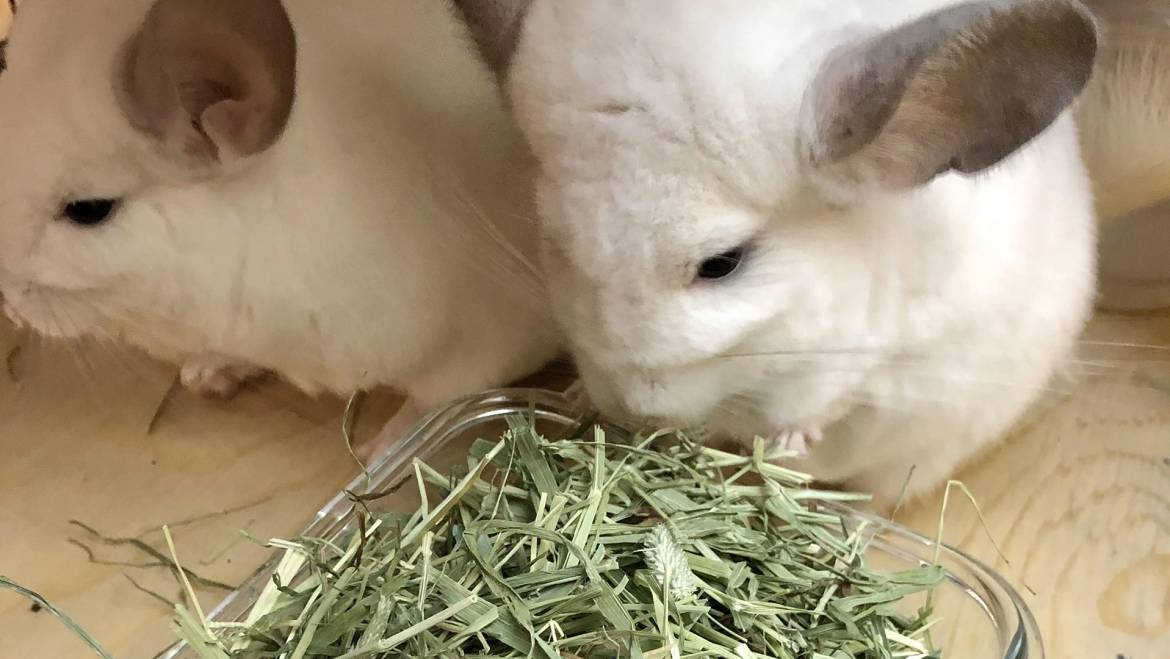Chinchillas are adorable, fluffy creatures that are loved by many pet owners. They are small, social animals that require a lot of attention and care. One of the most important aspects of chinchilla care is monitoring their eating habits. Loss of appetite in chinchillas can be a sign of a more serious underlying issue. In this article, we will discuss the causes, symptoms, and treatments of chinchilla loss of appetite.
Causes of Chinchilla Loss of Appetite
There are several reasons why a chinchilla may lose their appetite. Some common causes include:
- Dental Issues: Chinchillas have continuously growing teeth, which can cause dental problems if not properly maintained. Overgrown teeth or other dental issues can make it difficult or painful for your chinchilla to eat.
- Illness: Many illnesses can cause a loss of appetite in chinchillas. Some common illnesses include gastrointestinal problems, respiratory infections, and dental disease.
- Stress: Stressful environments can cause a loss of appetite in chinchillas. This can include changes in their environment, such as moving to a new home or introducing a new pet.
- Obesity: Overfeeding or feeding your chinchilla a diet that is too high in fat can lead to obesity, which can cause a loss of appetite.
Symptoms of Chinchilla Loss of Appetite
The symptoms of chinchilla loss of appetite can vary depending on the underlying cause. Some common symptoms include:
- Weight Loss: A chinchilla that is not eating will likely lose weight quickly.
- Lethargy: A chinchilla that is not eating may become lethargic or less active than usual.
- Diarrhea: If your chinchilla is not eating, their digestive system may not be functioning properly, which can lead to diarrhea.
- Dehydration: A chinchilla that is not eating or drinking may become dehydrated, which can be dangerous.
- Behavioral Changes: A chinchilla that is not feeling well may exhibit behavioral changes such as hiding, aggression, or lack of interest in their environment.
Treatments for Chinchilla Loss of Appetite
The treatment for chinchilla loss of appetite depends on the underlying cause. Here are some common treatments:
- Dental Issues: If your chinchilla has dental issues, a vet may need to trim their teeth or perform other dental procedures.
- Illness: If your chinchilla is suffering from an illness, your vet may prescribe medication or other treatments to help manage the symptoms and underlying cause.
- Stress: If your chinchilla is stressed, it is important to identify the cause and remove or reduce the stressor as much as possible. This may include creating a more comfortable environment or introducing new toys and activities to keep them stimulated.
- Obesity: If your chinchilla is obese, it is important to adjust their diet to include more hay and fresh vegetables, and reduce the amount of pellets or other high-fat foods they are consuming. Increasing their exercise and playtime can also help them lose weight and increase their appetite.
Preventing Chinchilla Loss of Appetite
While it is not always possible to prevent chinchilla loss of appetite, there are some steps you can take to reduce the risk. Here are some tips:
- Provide a Healthy Diet: Make sure your chinchilla is eating a healthy diet that includes hay, fresh vegetables, and a limited amount of pellets or other high-fat foods.
- Regular Veterinary Checkups: Schedule regular checkups with your vet to identify any potential health issues early on.
- Reduce Stress: Provide a comfortable and stimulating environment for your chinchilla, and try to minimize changes to their routine as much as possible.
- Dental Care: Make sure your chinchilla’s teeth are properly maintained to prevent dental issues that can cause a loss of appetite.
In conclusion, loss of appetite in chinchillas can be a sign of underlying issues that require prompt attention. Understanding the causes, symptoms, and treatments of chinchilla loss of appetite is crucial for the health and well-being of your furry friend. If you notice any changes in your chinchilla’s eating habits, it is important to consult with your vet right away. With proper care and attention, your chinchilla can lead a happy and healthy life.







